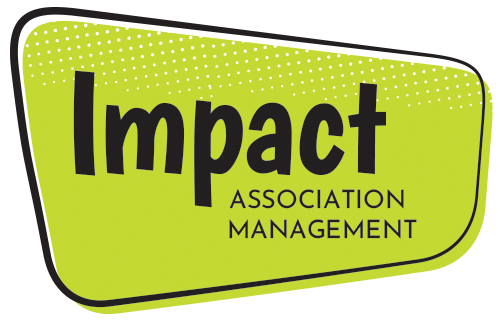As I sit and edit this article for my newsletter that goes out tomorrow, I have a feeling I’m not alone. My newsletter and blog are posted the same time every month, and I have all month to prepare, yet here I am, 4:30 the afternoon before, and just finalizing things! How many of you have put off applying to graduate school, or even something as simple as a trip to the grocery store (you mean it’s 6:00 already?!)? Here’s one for you – did you start reading this blog and then stop to check your Facebook news feed? Right there is a prime example of procrastination. Ok, you're guilty...now what?
Let's start with a definition of "procrastinate”. It actually is a Latin word and means “deferred til the morning.” And in this day and age, with social media becoming more popular each and every day, procrastinating has become way too easy and commonplace.
Procrastination can lead to the following habits:
Impulsiveness
If you find yourself leaving everything until the last minute, do you find yourself at the end of the day, in an instant panic, until everything is accomplished? In these cases, work is rushed, not as thorough or precise, and is more likely to have errors.
Lack of time management skills
Imagine that you’ve just spent the last hour reading Reese Witherspoon’s tweets for the week. You then look down at your watch and realize that you are now five minutes late for your meeting! Time always gets away from us, especially when we get immersed in the joy of online entertainment and gossip. Did you find that Twitter was worth missing your favorite spin class or do you now feel really poorly for eating that Dunkin’ donut this morning?
Poor work discipline
Do you find yourself scrolling through your phone more often when you need a break from an assignment or deadline? Are you able to then snap right back into the grind and be as efficient in your day to day business tasks, or do you find your mind wanting more Pinterest?
There are even labels for us procrastinators, believe it or not. We usually fall into one of two categories: structured procrastinators or active procrastinators.
Structured procrastinator personalities are the ones that complete tasks, but those tasks tend to be less prioritized on the list of “to-dos.” For example – you are getting ready for work in the morning and you should probably let the dog out, yet you jump onto the computer to post “Happy Birthday” to that long lost high school friend. Or maybe you have a PowerPoint to put together, but instead you’ve found that you’ve dusted your entire condo, vacuumed, and are now raiding your empty refrigerator.
There are also active procrastinators. These are the people that love the pressure of a deadline so they procrastinate in order to be productive…or so they think. Personally, I think this one is a little crazy, but then again, when I need an adrenaline rush I drink a mocha, so I guess we all have our things!
It’s important to mention that procrastination can lead to higher levels of anxiety and stress. It can definitely become an unhealthy lifestyle and you may even find yourself delaying medical treatment because you are such a procrastinator. That bunion on your foot doesn’t allow you to perform the lunges at the gym, yet that six months of self-recovery is far worse than just having it removed and the problem remedied.
How do you get past the procrastination cycle and back into the swing of things?
Prepare
Have everything ready to finish a task when you are about to start a project. If you are going to study for a test, have your books in place, your study notes, and even that apple so you don’t have an excuse to run to the fridge later.
Restart
If you find yourself off track in the morning, there is always time to restart your game plan and get back on track as soon as you can. Everyone has a bad day occasionally; it’s what you do from that point forward that matters.
Need help – then ask!
Don’t be afraid to find inspiration from others. Or if your problem is truly too much work, get yourself a virtual assistant!
Set goals and reward yourself when you complete them.
Do you really need to look at the Facebook events page in the middle of your work day, or can you wait until you’re back home? If you make yourself wait, then maybe your reward can be 15 minutes of social media activity, instead of that rushed 5 minutes at work. It can be as simple as that!
If you fit into any of these categories or find yourself stuck in a rut with some bad habits, know that there is always hope. Set some ground rules and if you discipline yourself enough, you can reward yourself just as equally. Enjoy pinning on Pinterest, or tweet that you just finished a task or wrote a blog. No one is perfect and we all have our days, but just remember that it’s never too late to change a bad habit into a positive one!
